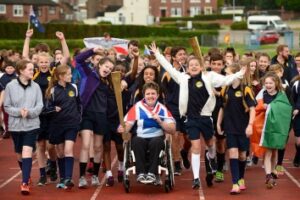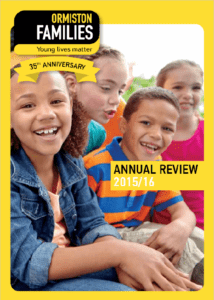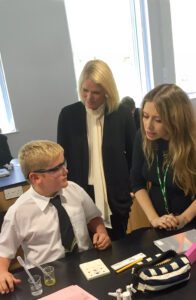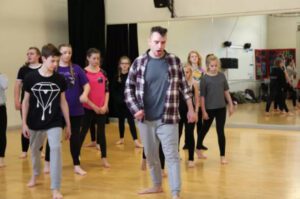For this week’s eco-Thursday focus, we’ll be looking at how students can get to school in more environmentally friendly ways. Many schools have had Walk to School weeks for many years, focusing on the benefits for students’ health and to reduce congestion around school gates in the mornings and evenings. Nearly half of parents of primary school children are worried about pollution levels near their schools, and evidence has shown that the numbers of children walking to school have steadily reduced over the past few decades.
But what is the evidence for the benefits of walking, cycling, or scooting to the environment and for students’ physical and mental wellbeing?
In April 2020 the General London Assembly launched an initiative called School Streets, whereby the roads around schools in London were closed to traffic at pick-up and drop-off times. 350 streets have been closed around schools since the inception of the project, with the aim of reducing air pollution and improving children’s health. Children are able to walk and cycle more safely in the roads around the schools, and congestion is also reduced. Air quality sensors have been installed at 18 primary schools partaking in the programme which showed that nitrogen dioxide levels were reduced by up to 23%. In addition, an evaluation survey showed that 77% of parents and carers supported the initiative staying in place long-term, and that School Streets reduced car travel by 18% near these schools.
Enough CO2 is released by the average drive to and from school to fill over 60 balloons. More children than ever are being diagnosed with asthma, especially in cities, and nearly 40,000 premature deaths every year are attributable to air pollution in the UK. What’s more, a shocking 60% of 1-2 mile journeys made in England are by car. Cycling, scooting, and walking are great for children’s health. With rising obesity and increasingly static lifestyles, using the school commute is a fantastic opportunity to get active.
There are several ideas and initiatives ongoing around the UK to support children, parents, and carers to choose an active mode of transport to get to
school. These include:
- Walking Buses: a ‘bus’ of children is collected from various stops on a route to school, with a ‘driver’ (parent) at the front and a ‘conductor’ (another parent) at the back to support safe walking. These buses are a great way to support children socialising, staying active, and reducing pollution.
- Living Streets Programmes: the Walk to School, Walking Cities, and Park and Stride programmes are coordinated by Living Streets, the UK’s walking charity. These initiatives offer different ways to encourage families and friends to walk to school – whether that’s by parking slightly further away and walking the last stretch to school, or organising a week or month long ‘Walk to School’ competition.
- Bikeability or Cycling Proficiency Schemes: these are programmes which help young people develop their cycling skills to be safe on the road and feel confident cycling to and from school. Local and City Councils also have some of their own schemes which provide similar opportunities to help children learn how to cycle safely and stay active. Have a look at your Council’s website to see if there are any options for your school!









